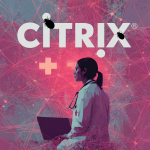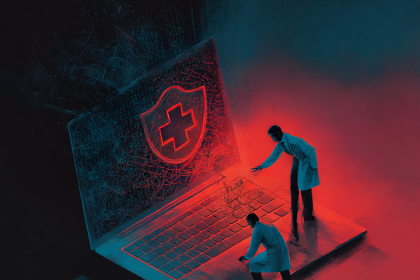Miljödata, a major Swedish software supplier supporting nearly 80% of the country’s municipalities, has been struck by a cyberattack that is severely disrupting healthcare and work environment services. As reported by Aftonbladet, more than 200 municipalities have reported outages in systems critical to medical certificate processing, rehabilitation case management, occupational injury reporting, and systematic work environment management (SAM). These tools are vital for municipal healthcare delivery and employee well-being, making the impact especially serious for patients and medical staff.
The attackers reportedly demanded a ransom of 1.5 Bitcoin (about $168,000) to prevent the leak of stolen information. Local regions including Halland and Gotland have warned citizens that sensitive personal and medical data may already have been exposed. Other affected municipalities include Skellefteå, Kalmar, Karlstad, and Mönsterås, with disruptions extending to both citizen-facing healthcare services and internal occupational health reporting systems.
Swedish authorities are treating the incident as a significant national security and healthcare risk. Civil Defence Minister Carl-Oskar Bohlin confirmed that CERT-SE and the police are investigating, but the full scope remains unclear. Miljödata’s systems—including its website and email services—are offline, leaving healthcare administrators with limited communication channels during the ongoing disruption. No ransomware group has claimed responsibility yet.
This breach comes just over a year after the Akira ransomware attack on Tietoevry, another Swedish IT and cloud provider, which caused outages across government organizations and universities. The repeated targeting of healthcare-linked IT service providers demonstrates the vulnerabilities in centralized digital infrastructure upon which healthcare systems depend.
For healthcare and medical security leaders, the Miljödata attack underscores the critical importance of vendor risk management and data resilience. Hospitals, clinics, and municipal healthcare organizations must prepare for supply-chain disruptions by implementing redundant systems, ensuring offline backups of patient data, and segmenting access to sensitive records. Continuous monitoring for abnormal data access, strict access controls, and collaboration with government cybersecurity agencies are essential to mitigate the risk of data breaches that could compromise patient privacy and disrupt continuity of care. This incident is a reminder that cyberattacks against healthcare IT vendors can have immediate, cascading effects on frontline patient services.







